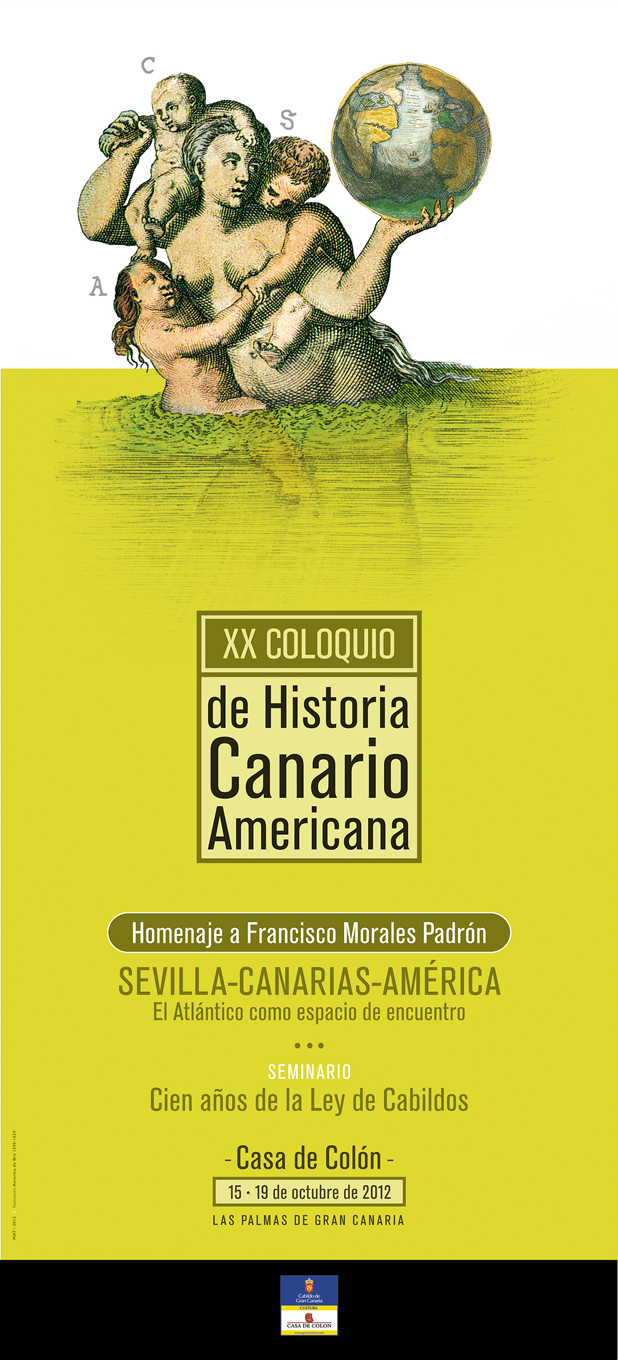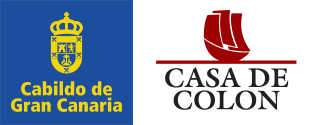Los Cabildos Insulares en la Constitución y el Estatuto: ¿transformación o continuidad? / The Insular Councils (Cabildos Insulares) in the Spanish Constitution and the Statute of Autonomy of the Canary Islands: transformation or continuity?
Palabras clave:
Cabildos Insulares, Constitución española, Estatuto canario, Insular Councils (Cabildos Insulares), Spanish Constitution, Statute of Autonomy of the Canary IslandsResumen
Los Cabildos Insulares fracasan en la que parece seruna de las más importantes razones de su creación, sino la exclusiva: impedir la ruptura de la provinciaúnica de Canarias. Sin embargo, triunfan plenamente,incluso de una forma que nos atreveríamos a calificarde insospechada, en erigirse como representantesindiscutibles de los intereses del pueblo de cada isla.Esta función representativa insular, que han cumplidosatisfactoriamente, los ha hecho convertirse en lasinstituciones españolas de gobierno local de másbrillante ejecutoria y de mayor éxito en el desempeñode sus competencias.En reconocimiento a esa ejecutoria y ese éxito, losCabildos Insulares están regulados y garantizados en laactual Constitución española; y ya lo fueron en laConstitución republicana de 1931, incluso con unatécnica superior. También los respetó la dictadurafranquista, a pesar de que contradecían sus principiosadministrativos de unidad, uniformidad y centralismo.La regulación introducida por el Estatuto deAutonomía ¿significa una transformación sustantiva desu naturaleza y funciones o más bien una simplecontinuidad? ¿Está su futuro garantizado y libre deamenazas? Nuestra doble respuesta es que, a pesar dela transformación producida y de las posiblesamenazas, el futuro de los Cabildos está garantizado.
The Insular Councils (Cabildos Insulares) fail in whatappears to be one of the most important reasons for itscreation, if not exclusive: to prevent the breakup of thesingle Province of the Canary Islands. However, fullysucceed, even in a way that we would dare to describeas unsuspected, on claiming undisputed representativesof the interests of the people of each Island. Thisinsular representative function, which have beensatisfactorily completed, has made them becomeSpanish local government institutions enforcementbrightest and most successful in the performance of itspowers.In recognition of this enforceable and that success, theInsular Councils are regulated and guaranteed by thecurrent Spanish Constitution, as they were by theRepublican Constitution of 1931, even with a superiortechnique. Also the Franco dictatorship respectedthem, even though contradicted its administrativeprinciples of unity, uniformity and centralization. Theregulation introduced by the Statute of Autonomy orthe Canary Islands Home Rule does that meansubstantive transformation of its nature and functionsor rather a simple continuity? Is its future secured andfree from threats? Our double answer is that, despitethe transformations produced and possible threats, th




